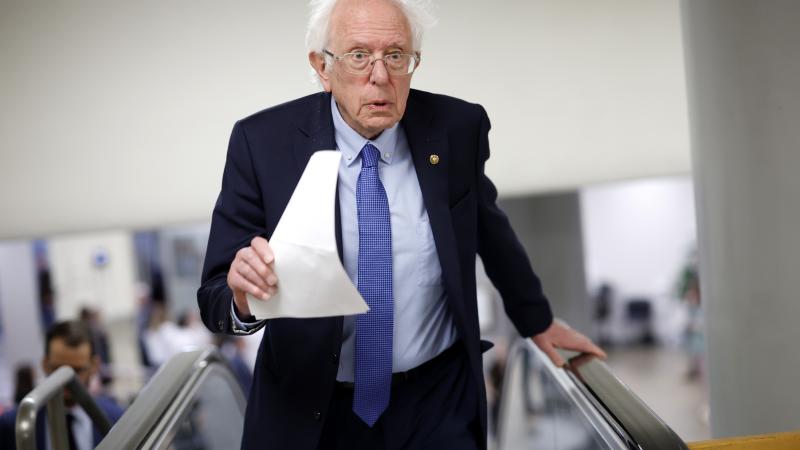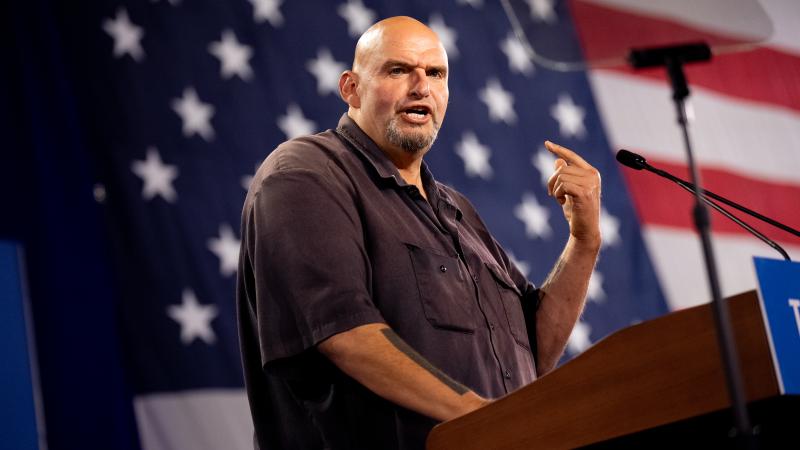Economist Paul Romer says coronavirus impact ‘likely to be worse than Great Depression of 1930s’
Nobel laureate for economics and former chief economist of the World Bank Paul Romer is warning that until government and health care leaders solve the health crisis it's possible that the U.S. economy would see a severe prolonged depression.
"I'm using the word depression intentionally. This depression is likely to be worse than the Great Depression of the 1930s. So that will be very harmful to the follow the great hardship for many people," he said.
Last month, Romer unveiled his "roadmap to responsibly reopen America" plan that outlined a $100 billion pathway to mass testing.
The plan calls for testing every person in the U.S., which would mean 25 million tests per day. Anyone who tested positive would be isolated. Tests would be administered “regularly,” with every two weeks the recommendation.
The $100 billion in funds includes the costs of infrastructure and training.
"If you just isolate the people who are infected, they won't infect more. They the infection will diminish over time, because we don't know who's infected. We're trying to isolate and contain large numbers of people and this is very counterproductive," he said. "We just need to test enough people to find out who's infectious right now and containment and the cost of testing has come way down."












